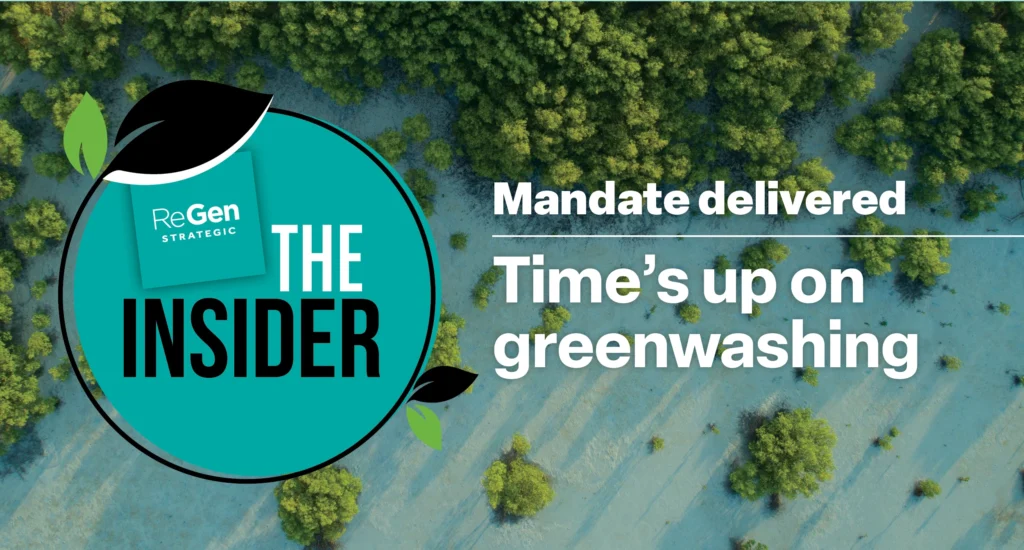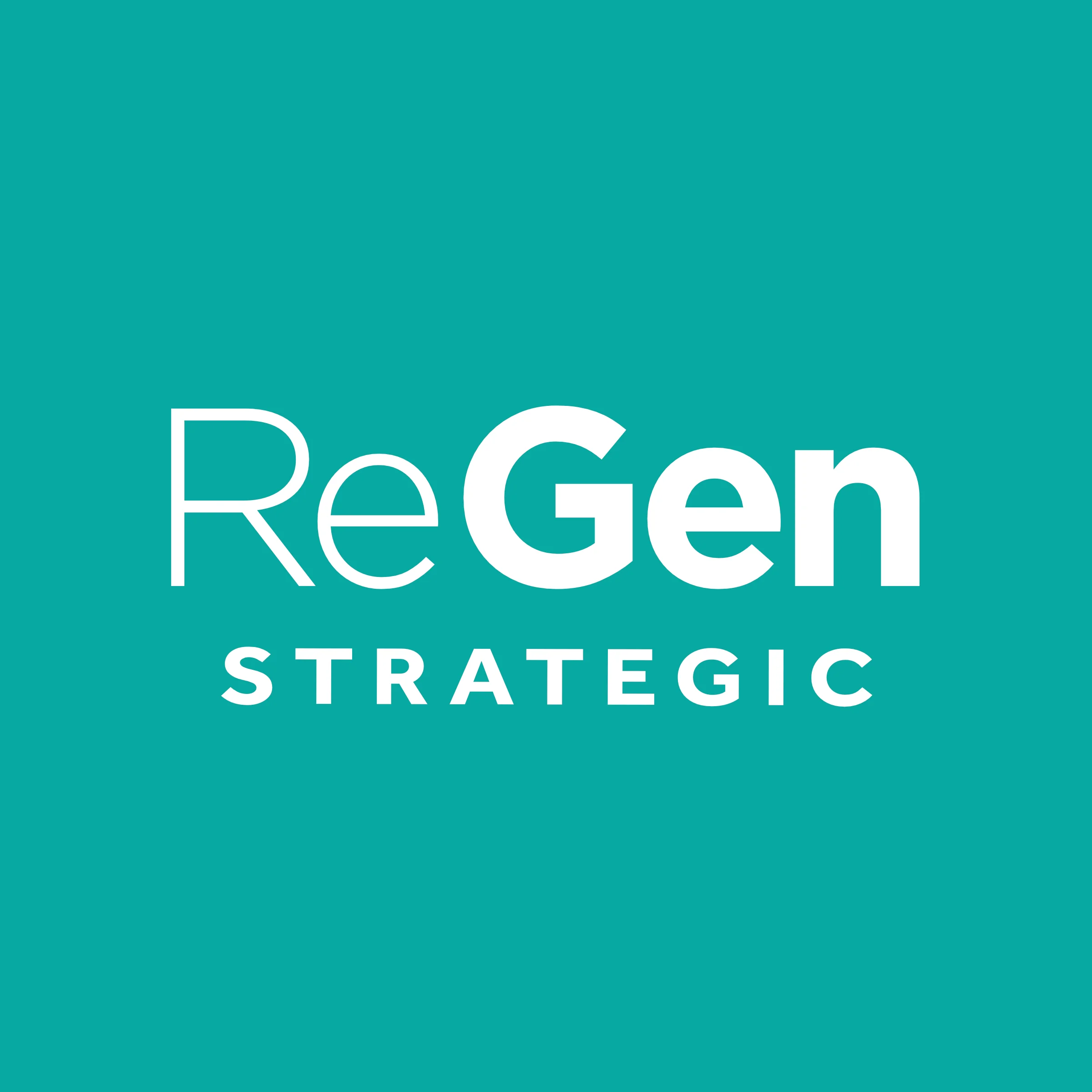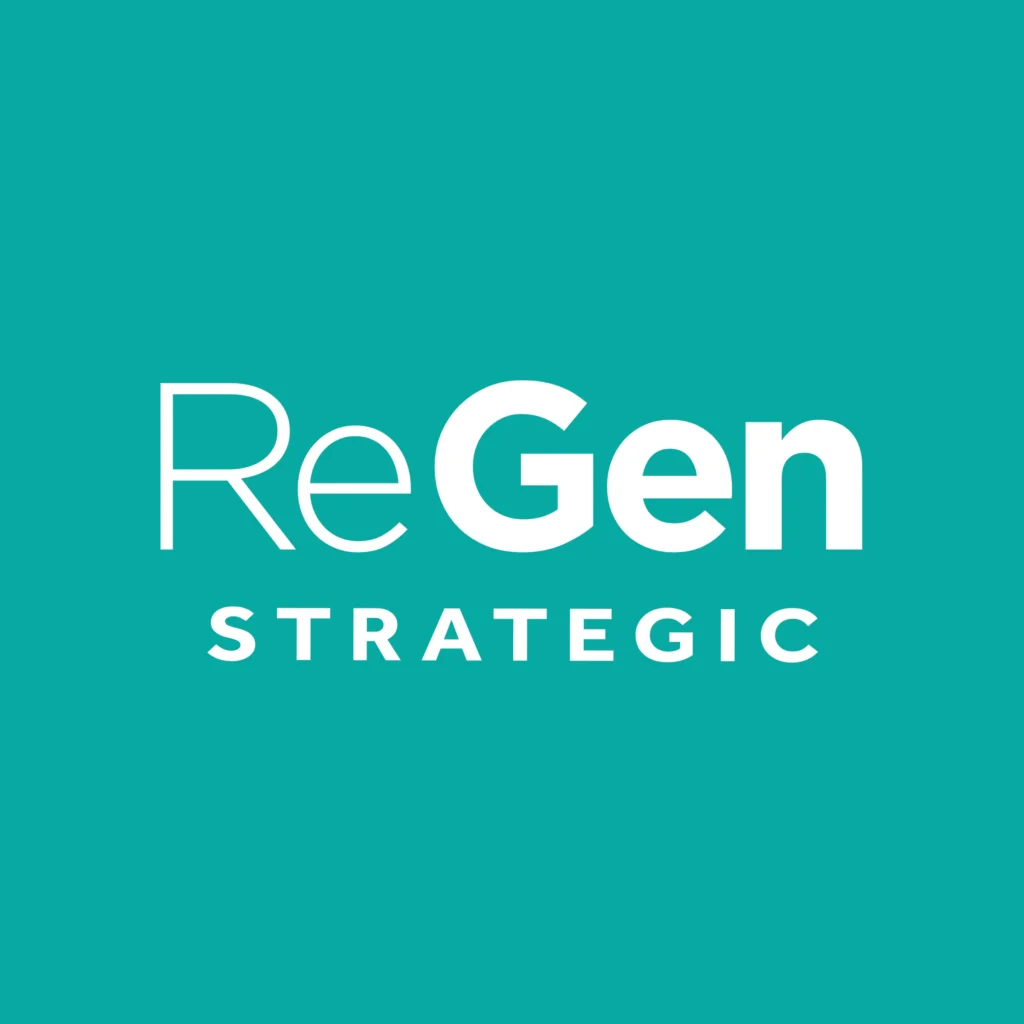
The Insider/
Mandate delivered: time’s up on greenwashing
With the re-election of the Albanese Government in May 2025, the message from Canberra is clear: corporate Australia is expected to do more than talk the talk on sustainability. Backed by a renewed mandate, the government is moving quickly to tighten corporate transparency laws and crack down on greenwashing, making sustainability compliance not just a reputational issue, but a legal one.
This shift is no longer theoretical. The 2025 Federal Budget included increased funding for the Australian Competition and Consumer Commission (ACCC) and the Australian Securities and Investments Commission (ASIC) to enforce truth in environmental and social claims. Companies that promote their net zero goals or social impact initiatives without robust data or a credible plan are likely to find themselves under scrutiny. In this environment, vague sustainability messaging is more than risky. It can be a liability.
These changes are part of a broader post-election policy agenda that positions sustainability performance as essential to Australia’s economic and environmental future. The government has doubled down on its commitment to mandatory climate-related financial disclosures. Large companies will soon be disclosing their GHG emissions, adaptation plans, and governance structures in a way that meets formal regulatory requirements.
That means the bar for transparency is rising fast. Businesses can no longer afford to publish sustainability claims without ensuring they’re backed by verifiable action. The era of broad sustainability pledges with little accountability is over. What’s replacing it is a demand for clarity, consistency and evidence, especially in sectors like energy, mining, infrastructure, and finance.
But this is not just about compliance. In a post-election landscape that’s more focused than ever on climate resilience, equity and economic integrity, transparency becomes a lever for leadership. Businesses that can clearly demonstrate how they are managing their sustainability risks and contributing to national goals will be better positioned to access funding, retain talent, win community trust, and attract investors.
The question facing many companies now is whether their sustainability strategy holds up under this new level of scrutiny. Too often, corporate sustainability efforts are split between marketing, compliance, and operations, with little integration. That fragmentation increases the risk of unintentional greenwashing where aspirational language and real-world practice don’t align.
To avoid that trap, organisations need to embed sustainability directly into strategic planning and performance reporting. If you’re making claims about your emissions reductions, there needs to be a robust carbon accounting methodology and a public decarbonisation pathway to support it. If you’re highlighting Indigenous partnerships or diversity goals, those initiatives need to be long-term and measurable, not tokenistic or short-lived.
Importantly, this shift also demands a new approach to stakeholder engagement. Post-election momentum has reinforced the role of community trust, Indigenous partnerships, and employee expectation. Transparency isn’t just about publishing numbers. It’s about showing that stakeholders have been part of the conversation, and that their voices are reflected in decision making.
At ReGen, we support clients to navigate this changing landscape by building sustainability strategies that are both credible and aligned with stakeholder expectations. We help organisations audit their current communications, identify areas of potential exposure, and develop evidence-based narratives that hold up to scrutiny. From climate disclosure and sustainability reporting to stakeholder engagement, advice and education, our focus is on creating value for our clients and maximise their positive social and environmental impacts.
The 2025 election confirmed that Australians expect integrity, honesty, action, and results—not just promises. In this climate, companies that misrepresent their sustainability performance, even unintentionally, could face reputational damage, shareholder activism, or legal consequences.
For more information on our sustainability services, please contact Colin Davies at ReGen Strategic.

